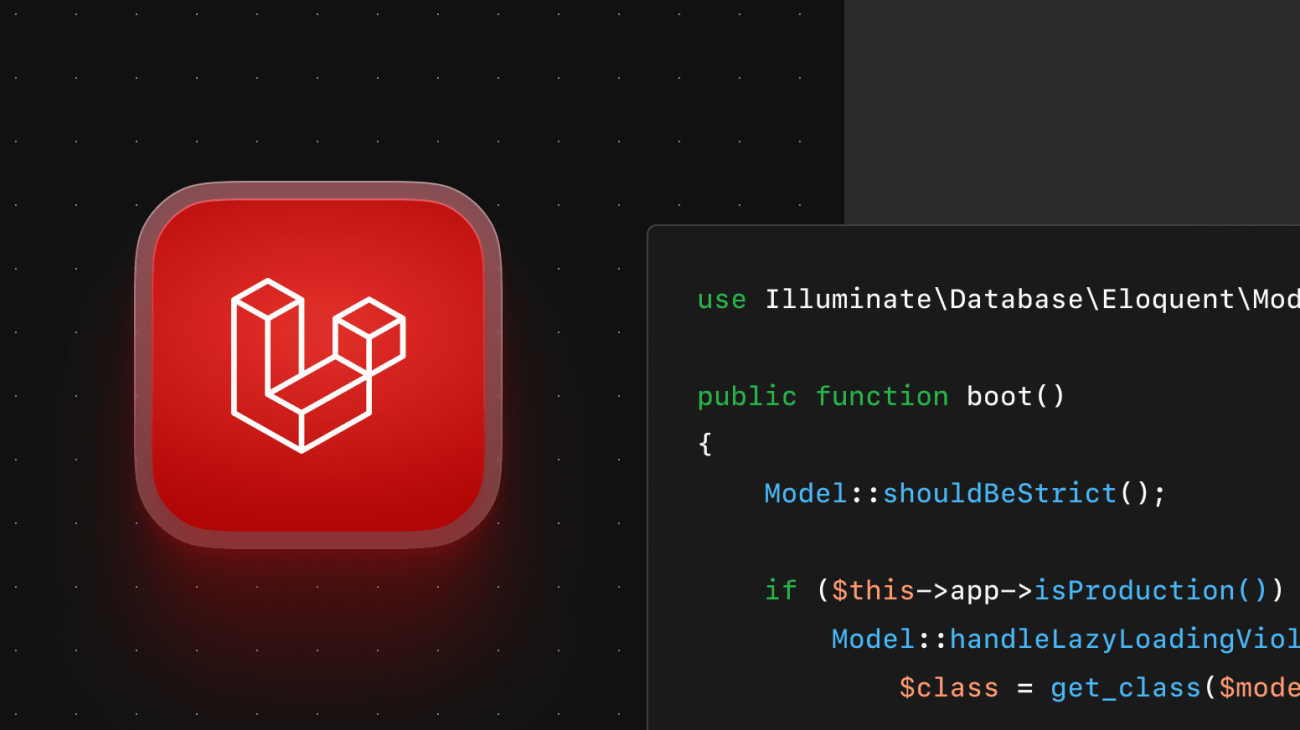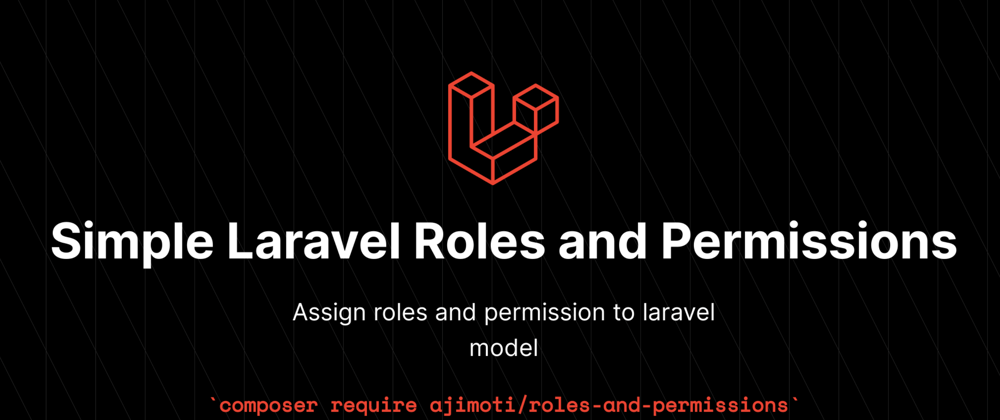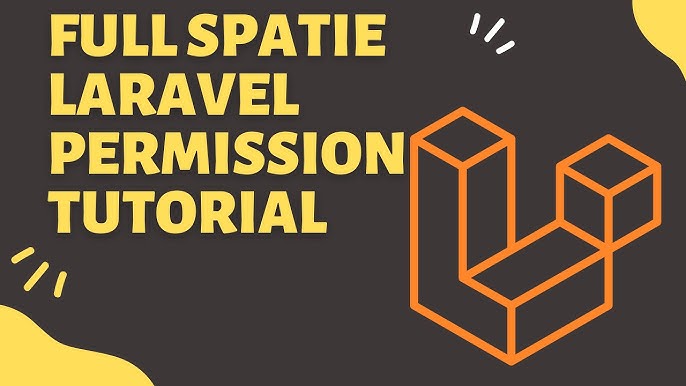Let's get started quickly, I found two great Method contains() and containsStrict() so you can use them in your next projects
- Check if Laravel Collection contains value Let's review an example with one parameter (checking only value)
$users = collect(['name' => 'John Doe',
'email' => '[email protected]']);
$users >contains('John Doe'); // true
$users >contains('John Admin'); // false
- Check if Laravel Collection contains key/value pair Let's review an example with two parameters
$collection = collect([
['id' => '200', 'amount' => '500'],
['name' => '201', 'country' => '200'],
]);
$collection >contains('amount', '500'); //true
$collection >contains('id','500'); //false
- Check if Laravel Collection contains value using callback function Lastly, you can also pass callback function with your own matching expression to check whether laravel collection or eloquent collection contains given value or not Let's try an example with eloquent collection this time
$products = Product::all();
/*
IlluminateDatabaseEloquentCollection {#4618
all: [
AppProduct {#123
id: 1,
name: "Macbook",
product_count: 2
},
AppProduct {#123
id: 1,
name: "iPhone",
product_count: 20
},
],
}
*/
$products >contains(function($product, $key) {
return $product >product_count < 5;
}); //True
$products >contains(function($product, $key) {
return $product >product_count < 1;
}); //False
- Laravel containsStrict() Method Laravel Collection's containsStrict() method function same as contains() method except it checks for value using strict comparison i.e matches value type as well If you don't know about strict comparison, in PHP === and !== are strict comparison operators and it compares both value and type. Example: 20 and "20" are not equal in strict comparison but are same in regular comparison
$collection = collect(["10","11","12"]);
$collection >containsStrict("10"); //true
$collection >containsStrict(10); //false
I hope you enjoyed the code
Source : https://www.parthpatel.net/laravel contains method example/





